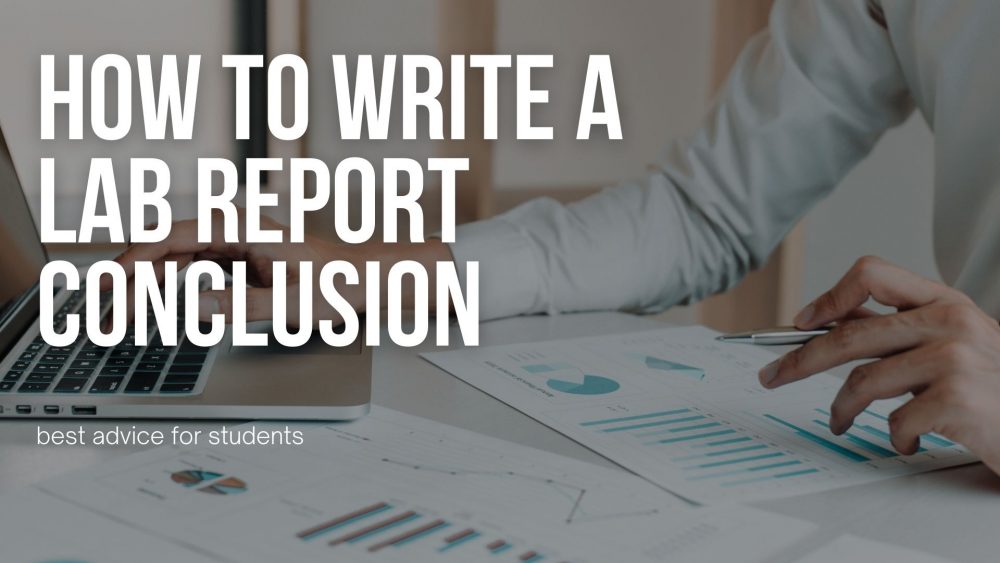Economics is best defined as the study of how societies, businesses, individuals, households, and governments deploy scarce resources to cater to human needs. Students interested in economics oftentimes pause and wonder, ‘why study economics?’ Well, studying economics can make you interested in prices and incentives, employment and earnings, trade, and investments, among other things.
There are two major reasons why studying economics is important. One reason is to enhance comprehension of economic phenomena, as well as, enjoy the involved rigorous reasoning. The second reason is to venture into a lucrative career. Students that excel in economic studies have brighter career prospects and academic success.
Why Study Economics at the University or College
Pursuing an economics course at the university teaches a student the fundamentals they need to understand the graphs they may associate with typical economies and tools for developing business strategies. But, why is it important to study economics? This course equips a student with the necessary skills for understanding markets.
After pursuing this course, a student graduates with strong problem-solving and analytical skills. They also acquire the business acumen required to succeed in this profession. It’s, therefore, not surprising that economics are required by professionals in almost all industries, and not business only.
What Are Three Reasons to Study Economics?
Perhaps, you’re still bothered by the question, ‘why study economic?’ Maybe you’re yet to make up your mind about studying economics at the university or college. The explanation given so far may have not convinced you to study economics in college or university.
Reading the best economics books or using the best economic podcasts may not equip you with the skills that you can get from a university or college. Although you may gather a lot of information on economics from the internet, you still need to pursue a course to become a great economist. Here are the three major reasons to consider a course in economics:
- Programs variety – The fact that economics forms a part of almost every aspect of the daily life explains why most universities offer different modules to reflect this. From environmental economics to economic public policy, everything can be part of an economics degree. By the way, getting economics homework help is no longer a problem no matter what curriculum you have.
- Real-life focus – The focus of economics is on learning from real case studies. As such, understanding how a concept or theory can convey a message about real life is easy in economics. What’s more, an internship is an aspect of the degree programs of most universities.
- Excellent prospects for graduates – Most graduates get a job after graduating with economic degrees. That’s because their demand is high in the job market.
So, still asking why is economics important? Well, the fact is that economics study touches the elements of history, law, geography, politics, sociology, and psychology. And it is divided into macro- and micro-economics.
Microeconomics entails the analysis of specific markets. These can include markets for communications, medical care, higher education, and pollution permits.
Macro-economics, on the other hand, focuses on the economy’s behavior as a whole. It entails studying the determinants of aggregate output, unemployment, and inflation. It also focuses on the balance of payment intending to identify how the overall economic growth and stability can be improved by setting changes.
Consideration of the factors that economics study touches can answer the question of, why is the study of economics important. Essentially, these factors affect almost every human being.
How to Study Economics
You’ve now gotten the answer to the, ‘why do we study economics’ question. As such, you may want to know how to pursue a course in this field. Well, many universities and colleges give students a chance to pursue courses in economics.
These courses are focused on equipping learners with the skills they need to make informed decisions every day. Their emphasis is on problem-solving skills like financial economics and investments. Financial economics is the study of how resources are distributed and used in the markets where players make decisions under uncertainty.
Essentially, financial decisions should consider future events regardless of whether they are related to individual portfolios, stocks, or entire markets. A higher learning institution can provide an economics study guide to be followed by their students.
Nevertheless, most learning institutions require students to take a breadth early in their career and establish pre-requisites for their future major. This may entail taking courses in theory and statistics so that they can apply these skills to real-life issues before taking advanced courses.
Why Major in Economics?
An economics major is a preparation for a career in insurance, banking, manufacturing, service, consulting, non-profit organizations, government agencies, and real-estate sectors. It’s also an excellent foundation for continuing studies past a bachelor’s degree.
So, if you are interested in joining a law school or pursuing an MBA program, as well as, programs in administration and public policy, Ph.D. and master’s programs in economics, you should consider majoring in economics. It can also be a good foundation for a student that wants to pursue a program in other social sciences and business disciplines.
Why Get a Masters in Economics?
A master’s in economics is highly valued in advanced settings. Students that graduate with a master’s degree in economics possess skills that are valued in the modern job market. They include:
- Knowledge of different economic institutions
- Strong background in macroeconomic and microeconomic theory
- Knowledge of different areas of applied economics
- Ability to solve problems using analytical economics tools
- Knowledge of important statistical and mathematical techniques
- Expertise in using computers to analyze economics data
But, do you need economics for business? Maybe this is the question that is lingering in your mind right now. Well, studying economics enables you to understand how the world operates. That’s because economics affects everything, including how people pay for the services and goods they use and how people earn their living. When you pursue a course in economics at a reputable university, you get a view of how the world operates from a business perspective.
Enroll for an Economics Course Now!
Are you struggling to choose a course to pursue at a university or college? Well, you now have enough reasons to consider an economics course. In addition to the reasons given so far, you will also get an answer to the question, why is economic growth important? That’s because you will understand how businesses and the world function, as well as, the role of economics in their operations.
Maybe you’re wondering, how do you select a research topic in economics? Well, this is understandable considering that writing a research paper is inevitable when pursuing a university course in economics. There are generally many economics topics that you can explore when it comes to writing a unique paper. They include public economics, industrial economics, information economics, income and growth inequality, as well as, business cycle analysis.
When you choose the best university or college for your economics course, you will get proper guidelines for selecting a topic for your research paper. You will also be guided through the research and writing process. That way, you will graduate with valuable skills that will enable you to get the job of your dream with ease.














